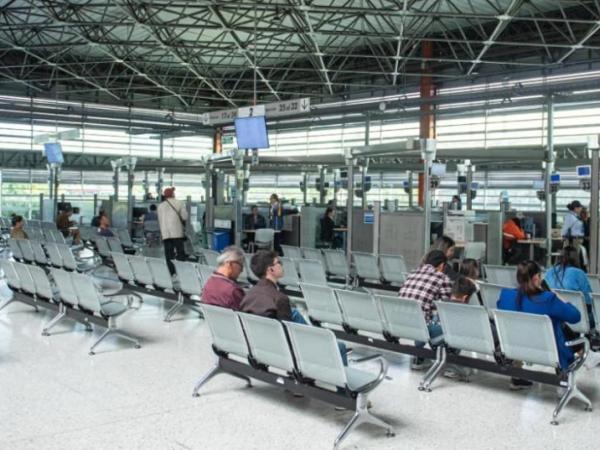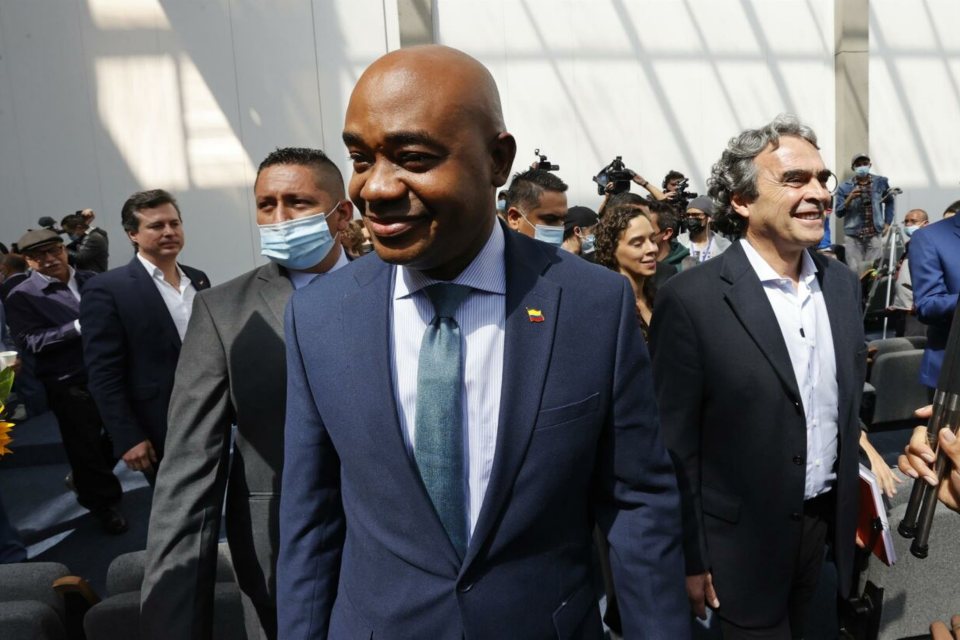He Government has made a significant decision regarding economic and tax policy, which will have a direct impact on the country’s imports. Through Decree 1140/2024, published in the Official Gazette, the extension of the statistical rate applied on imports has been made official until December 31, 2027.
This measure of Governmentalthough unpopular among the productive sectors, seeks to sustain tax revenues in a context of economic adjustment and consolidation of the fiscal surplus. The statistics tax is a tax that taxes 3% of the value of imported goods and aims to finance the costs of customs control and collection.
The elimination of the PAIS tax, on the other hand, has been well received by the productive sectors, as it reduces tax costs on imports. However, the extension of the statistical rate has generated discomfort in these same sectors, since it increases import costs in a context of exchange restrictions and high logistics costs.
The impact on imports is a matter of concern for businessmen, who fear that the permanence of this rate will slow down the development of foreign commercial activity. According to data from the Ministry of Economy, the statistical tax represents a significant income for the State, but also an additional cost for importing companies.

In a delicate economic context, where investment and competitiveness are sought to be promoted, this measure can be seen as an obstacle to the growth of the productive sector. According to the established standard, the charge must be faced by both companies and individuals at the time of import.
In the case of individuals, when they purchase products by courier on foreign platforms, the deductible of USD 400 is maintained, on which the consumer only has to pay VAT. This provision seeks to balance the tax burden between different economic actors and ensure that tax revenues are not compromised.

Extension
The extension of the statistical fee is part of a broader effort by the Government to consolidate the fiscal surplus and meet the goals agreed with the International Monetary Fund (IMF). These goals require tighter control over tax revenues and a reduction in the deficit.
In this sense, the statistical rate is presented as a key tool to maintain efficiency in customs control mechanisms and guarantee the necessary resources for fiscal order.
follow us on Google News and on our channel instagramto continue enjoying the latest news and our best content.
















